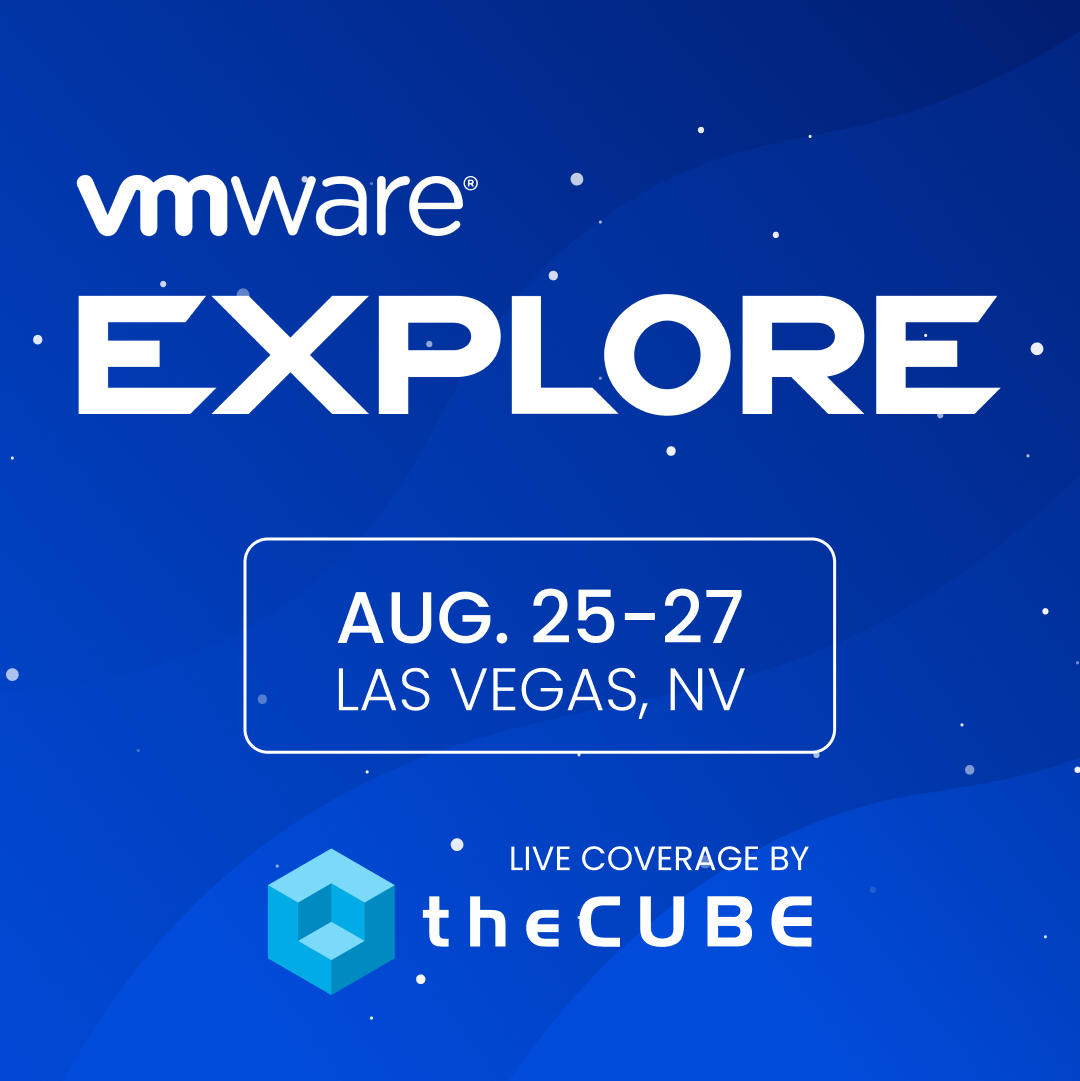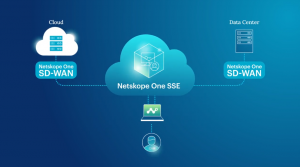Microsoft puts Kubernetes at the forefront of Azure Container Service
Microsoft Corp. is hiking support for the open-source Kubernetes project, updating its Azure Container Service to put the software container orchestration manager at the center of that offering.
To that end, Microsoft has also started calling the Azure Container Service “AKS” rather than “ACS,” which was the abbreviation it used before. The service is designed to help Azure cloud users get containers up and running using a variety of orchestration technologies, including those from Docker Inc. and Mesosphere Inc. as well as Kubernetes.
But the last is now the default technology for deploying and scaling containers, Brendan Burns, a distinguished engineer at Microsoft who helped create Kubernetes, said in a blog post.
Kubernetes is software that’s designed to make deploying and managing software containers easier. Software containers allow for applications to be decoupled from the operating systems and packaged together, thereby improving agility and stability. Interest in the two technologies has surged over the past couple of years, with Microsoft claiming that use of the Azure Container Service has quadrupled in the last six months.
Before today’s announcement, Google LLC’s cloud was seen by many as the best place to run Kubernetes. That’s because the project was first developed at Google, by Burns and former Google staffers Craig McLuckie and Joe Beda, who now lead the Kubernetes-focused startup Heptio.
However, Microsoft’s updated offering comes with a considerable advantage that some users might not be able to ignore: The company said it will manage Kubernetes clusters for free.
“You will pay nothing for the management of your Kubernetes cluster, ever,” Gabe Monroy, lead program manager for Azure containers, wrote in a second blog post.
Microsoft still wants to be paid for the virtual machines hosted in Azure that do the actual computing but said users won’t face any additional charges for their Kubernetes clusters. That compares favorably with Google, which charges $109.50 per month per cluster for those with more than six server nodes running.
Amazon Web Services Inc. doesn’t charge for Kubernetes clusters either, but its disadvantage is that customers need to use third-party tools to get Kubernetes up and running on its cloud in the first place. It’ll be interesting to see if either company responds to Microsoft’s move.
Microsoft said it will continue to support Docker Swarm and Mesosphere, which are the two main rival container orchestration services to Kubernetes, but those need to be accessed via the Azure Marketplace.
Image: Kubernetes
A message from John Furrier, co-founder of SiliconANGLE:
Support our mission to keep content open and free by engaging with theCUBE community. Join theCUBE’s Alumni Trust Network, where technology leaders connect, share intelligence and create opportunities.
- 15M+ viewers of theCUBE videos, powering conversations across AI, cloud, cybersecurity and more
- 11.4k+ theCUBE alumni — Connect with more than 11,400 tech and business leaders shaping the future through a unique trusted-based network.
Founded by tech visionaries John Furrier and Dave Vellante, SiliconANGLE Media has built a dynamic ecosystem of industry-leading digital media brands that reach 15+ million elite tech professionals. Our new proprietary theCUBE AI Video Cloud is breaking ground in audience interaction, leveraging theCUBEai.com neural network to help technology companies make data-driven decisions and stay at the forefront of industry conversations.



















